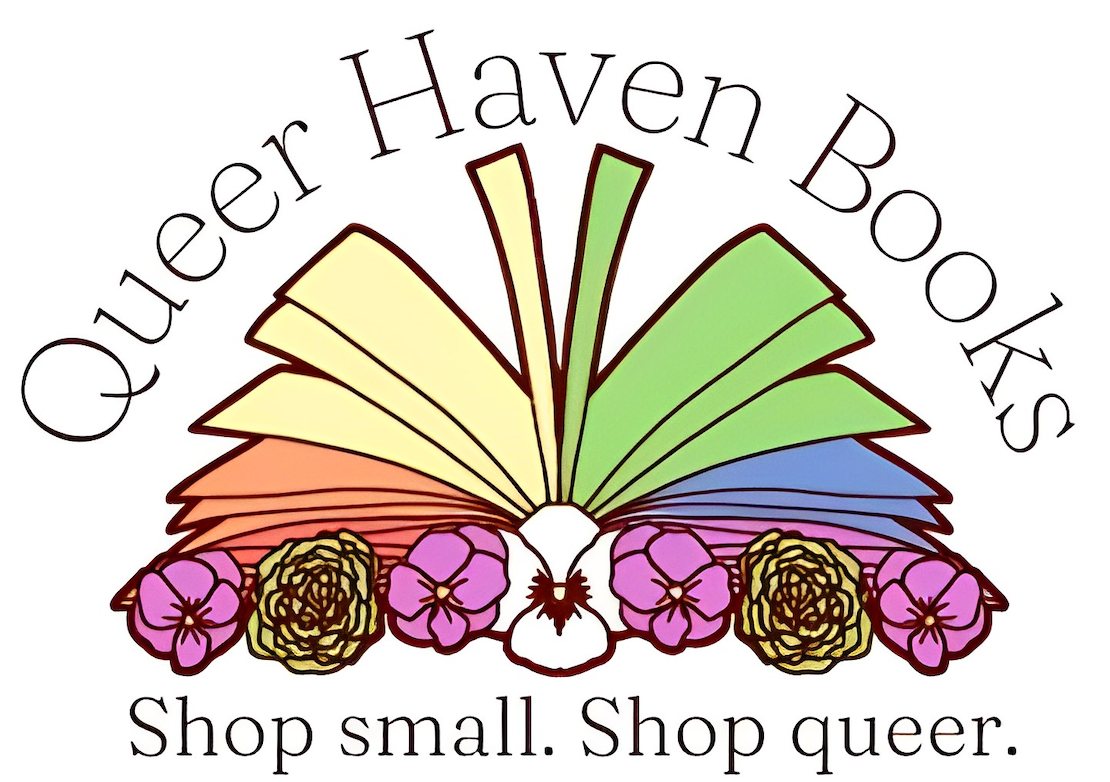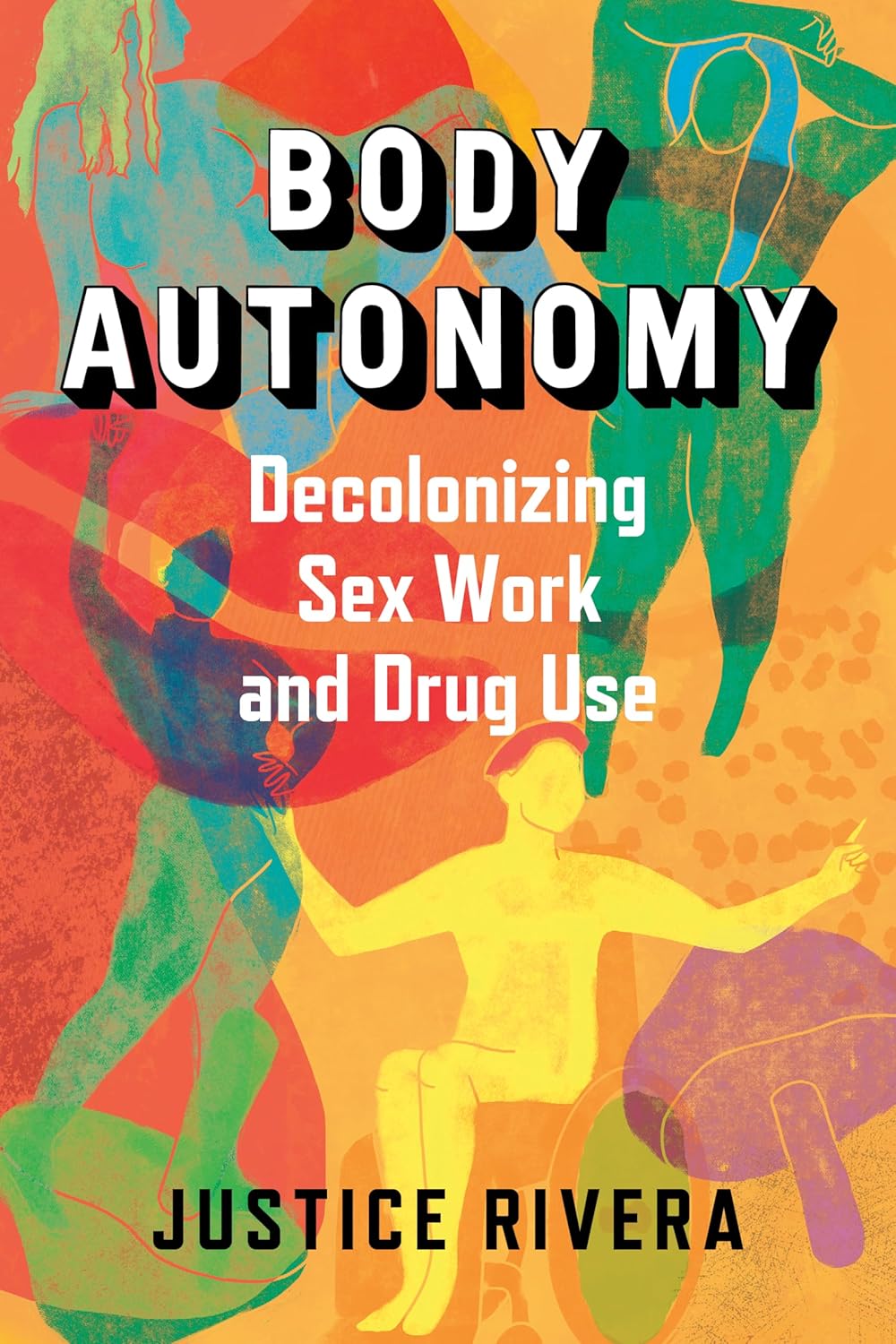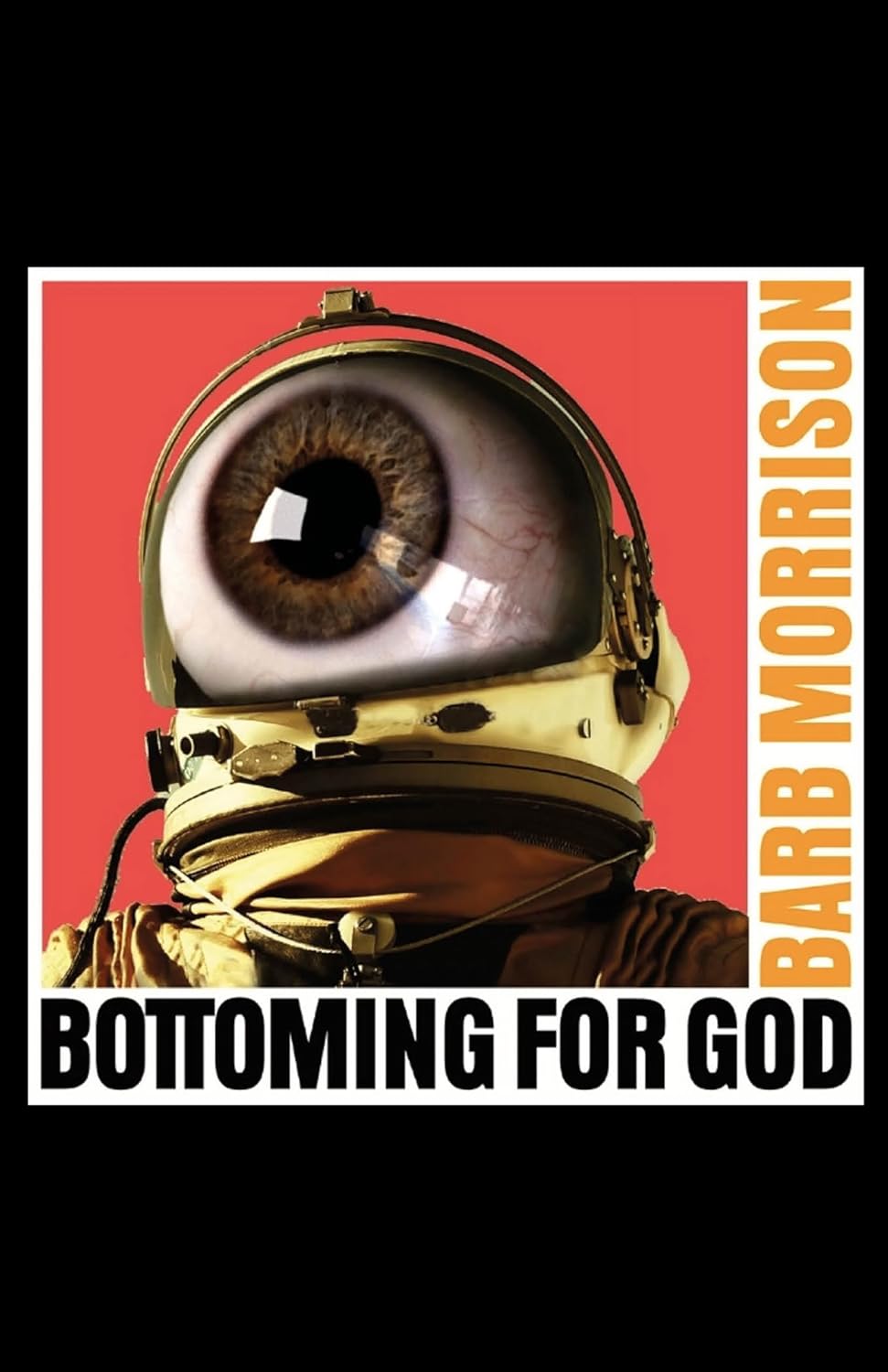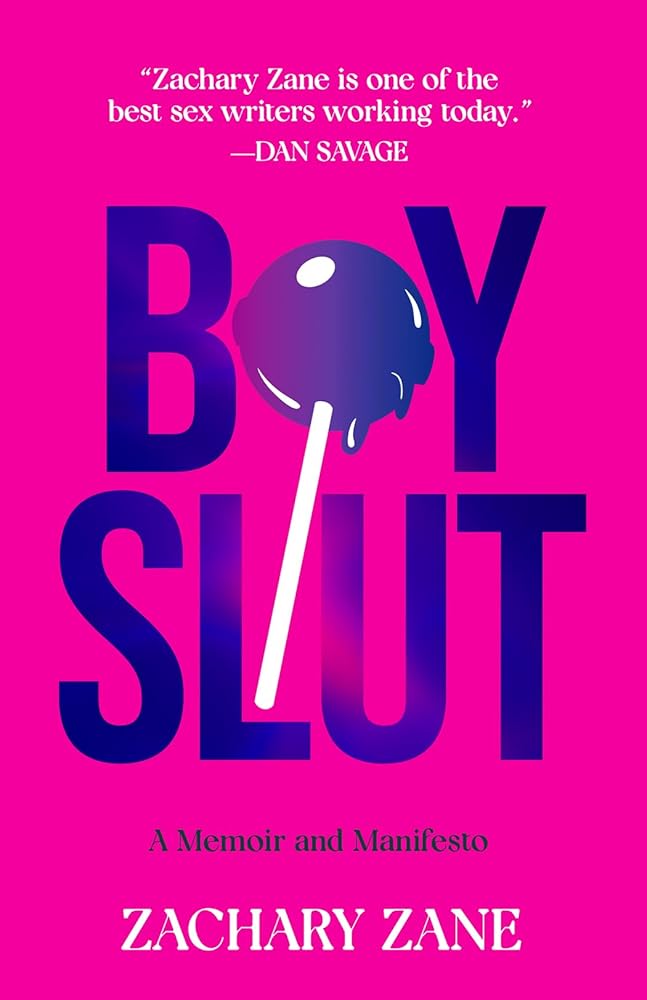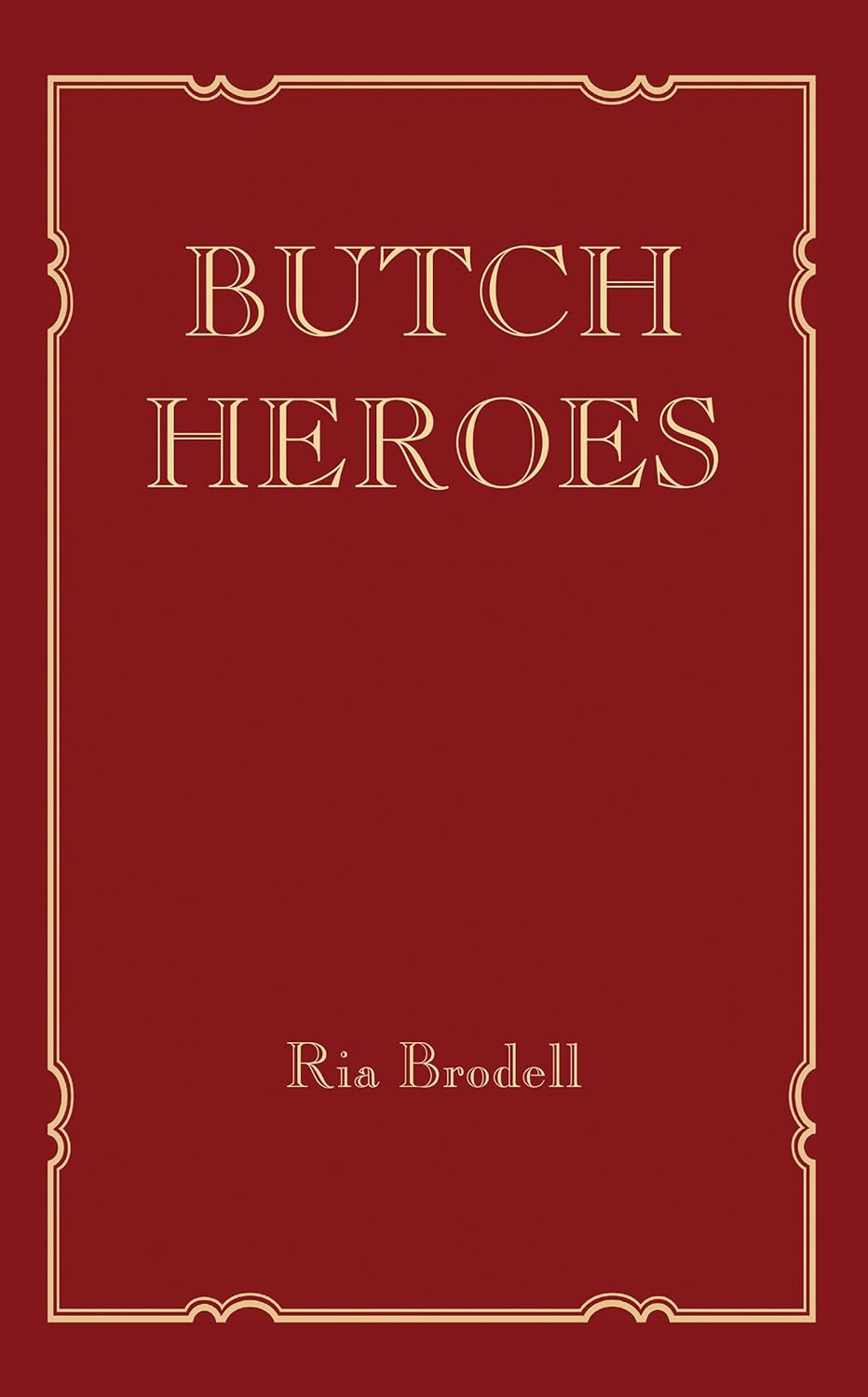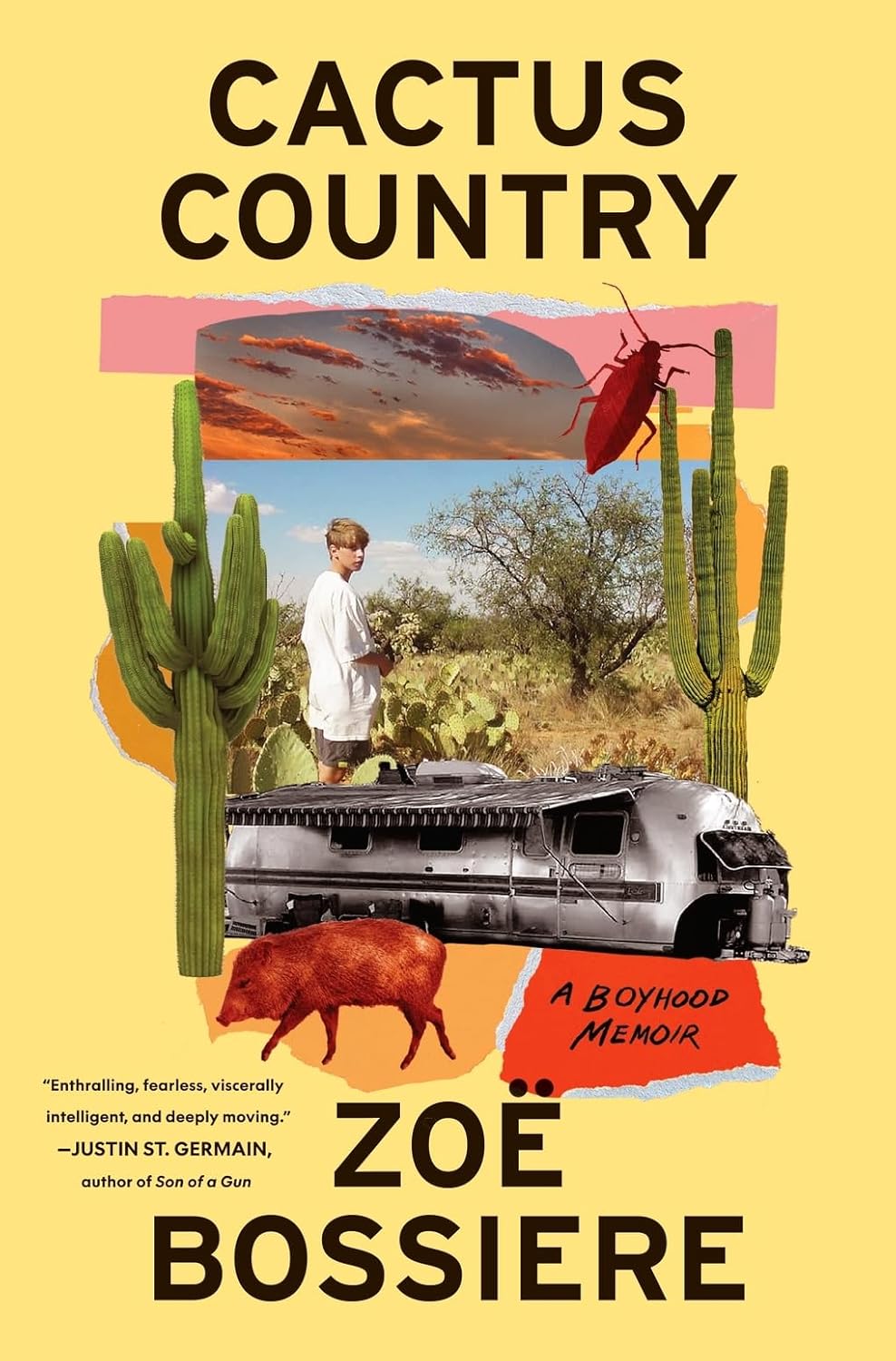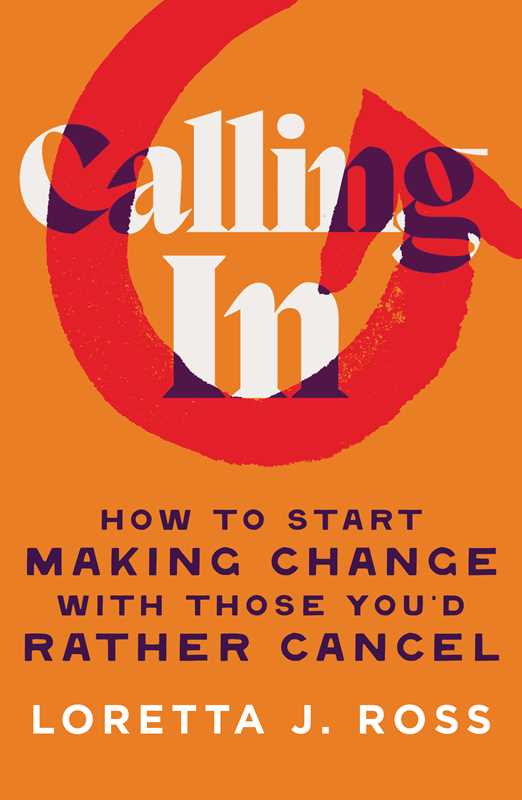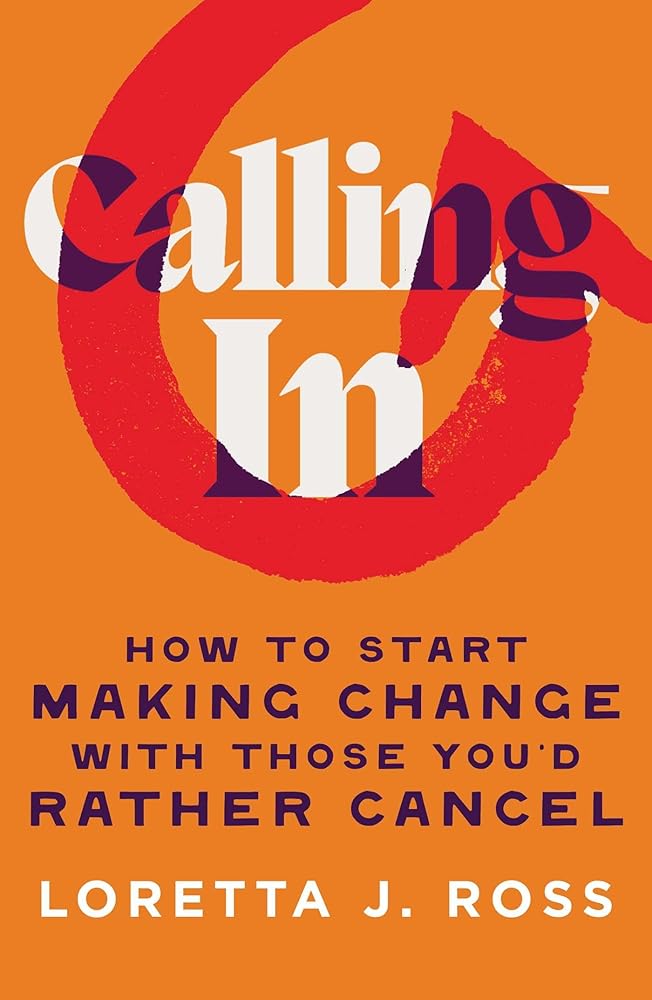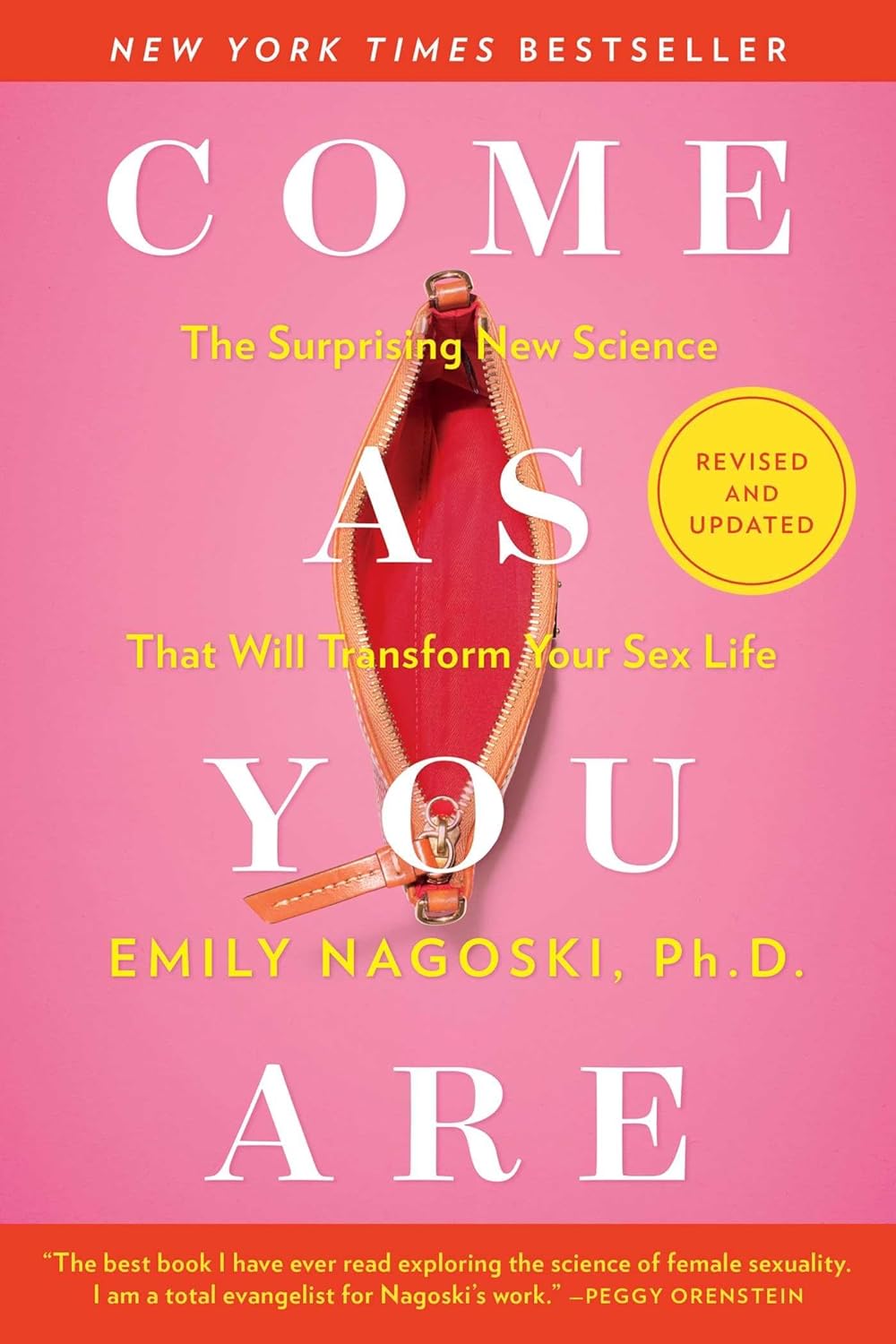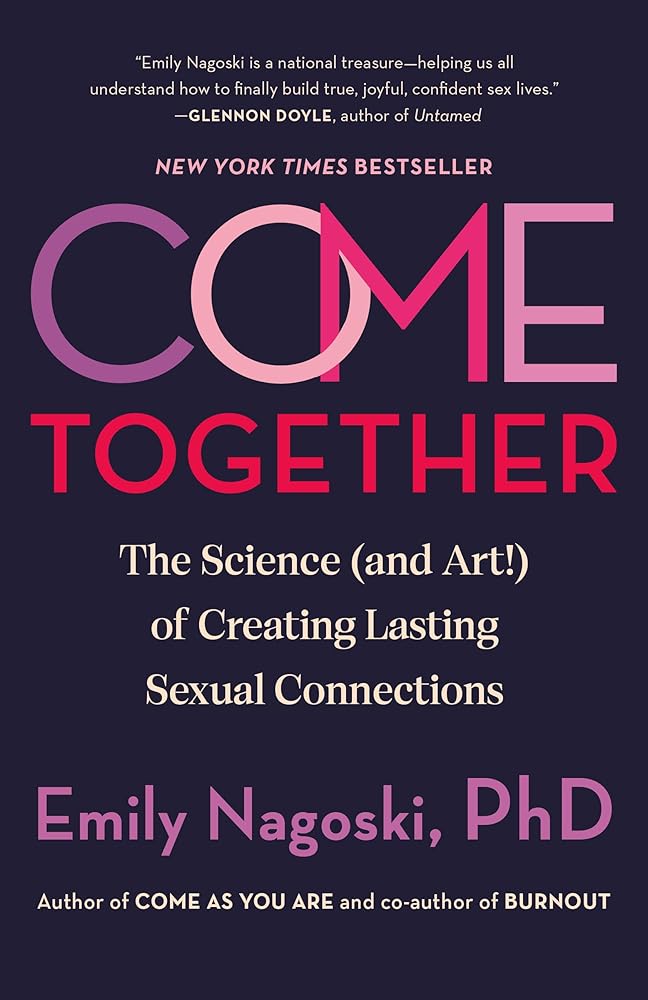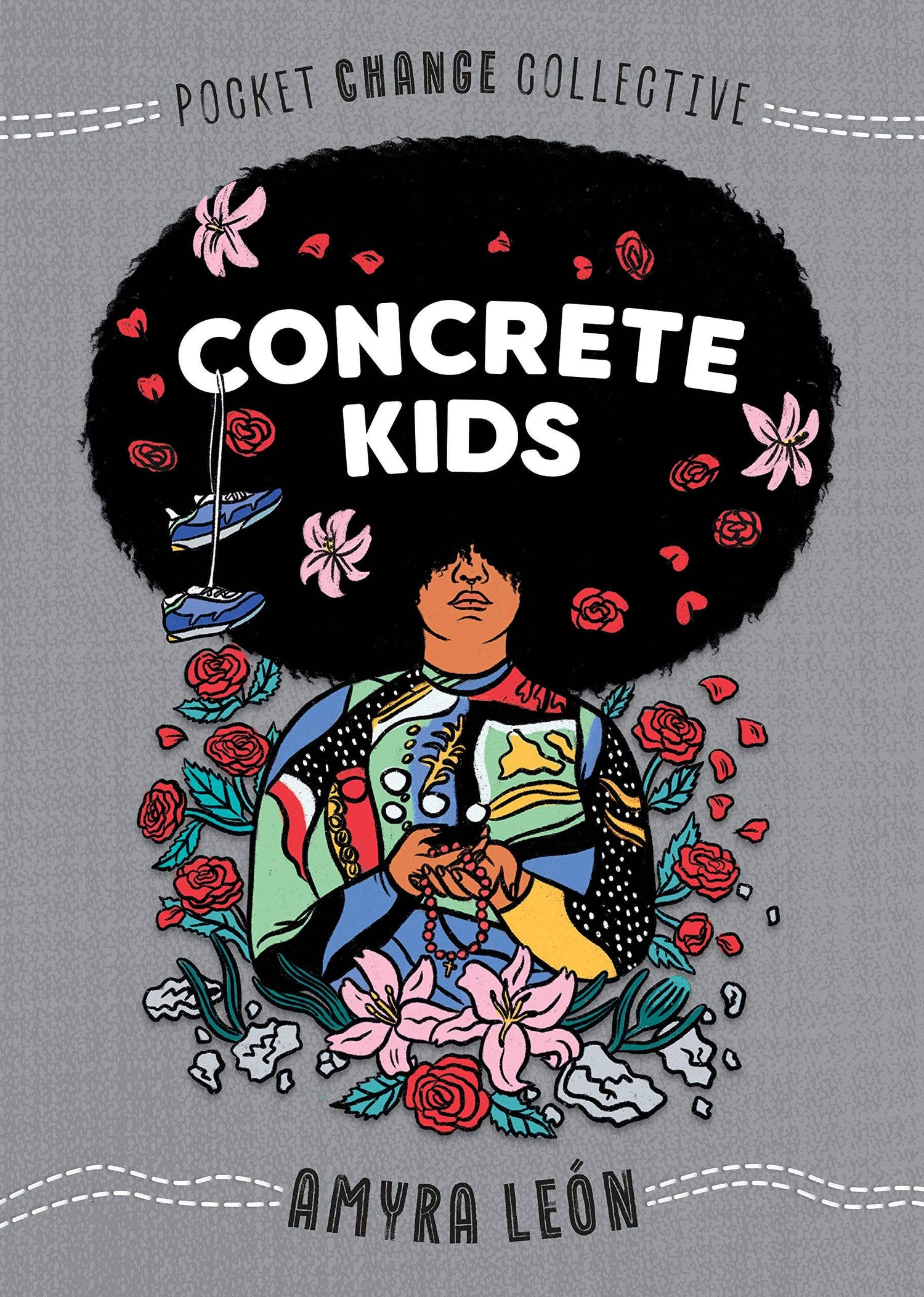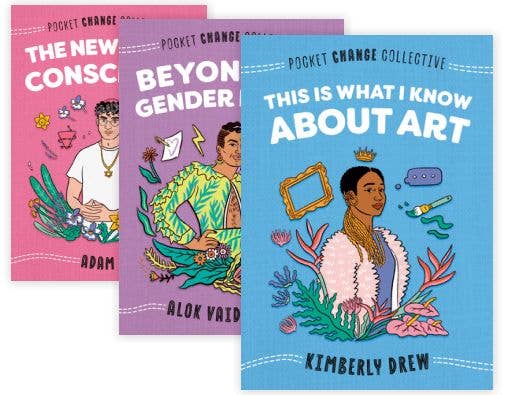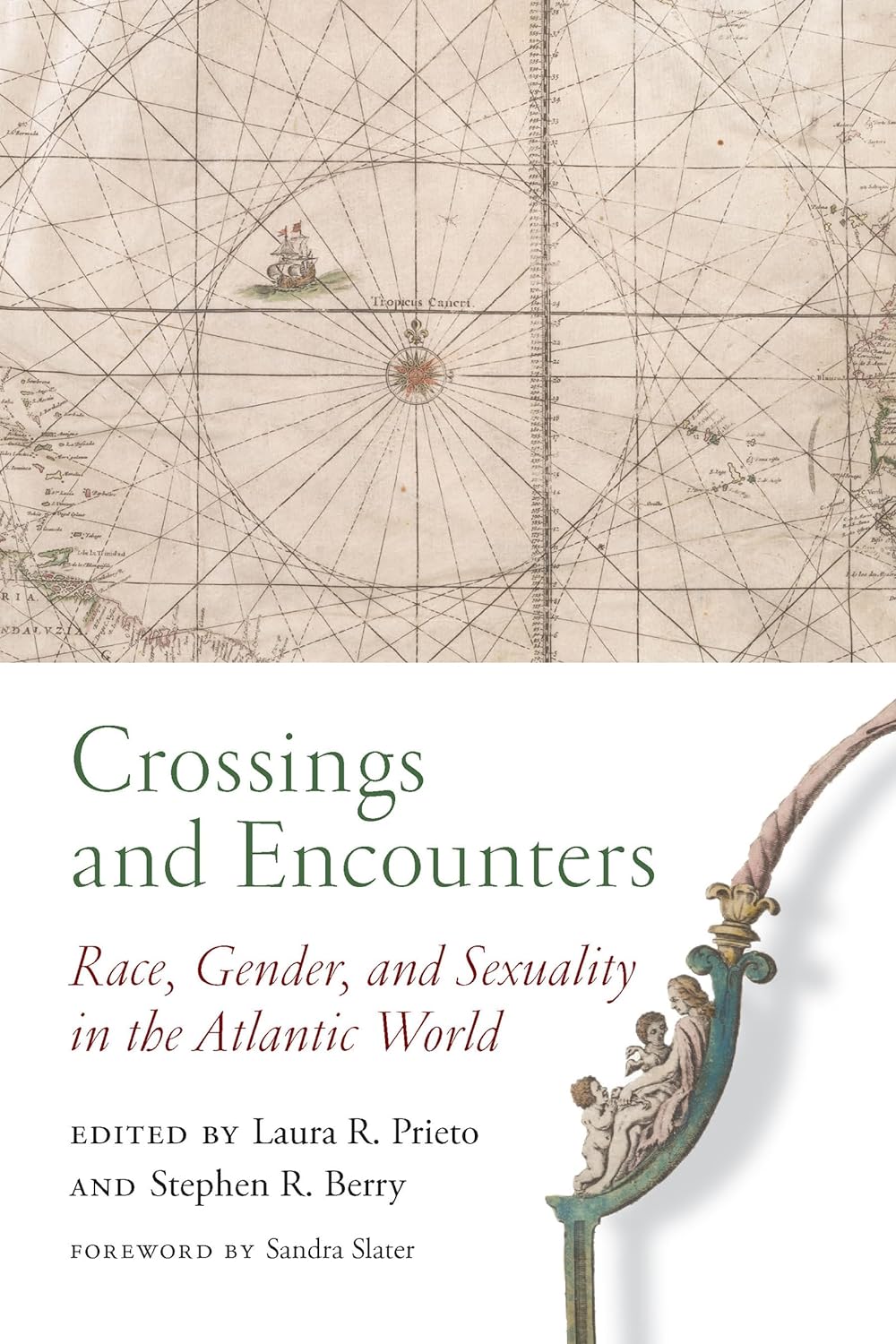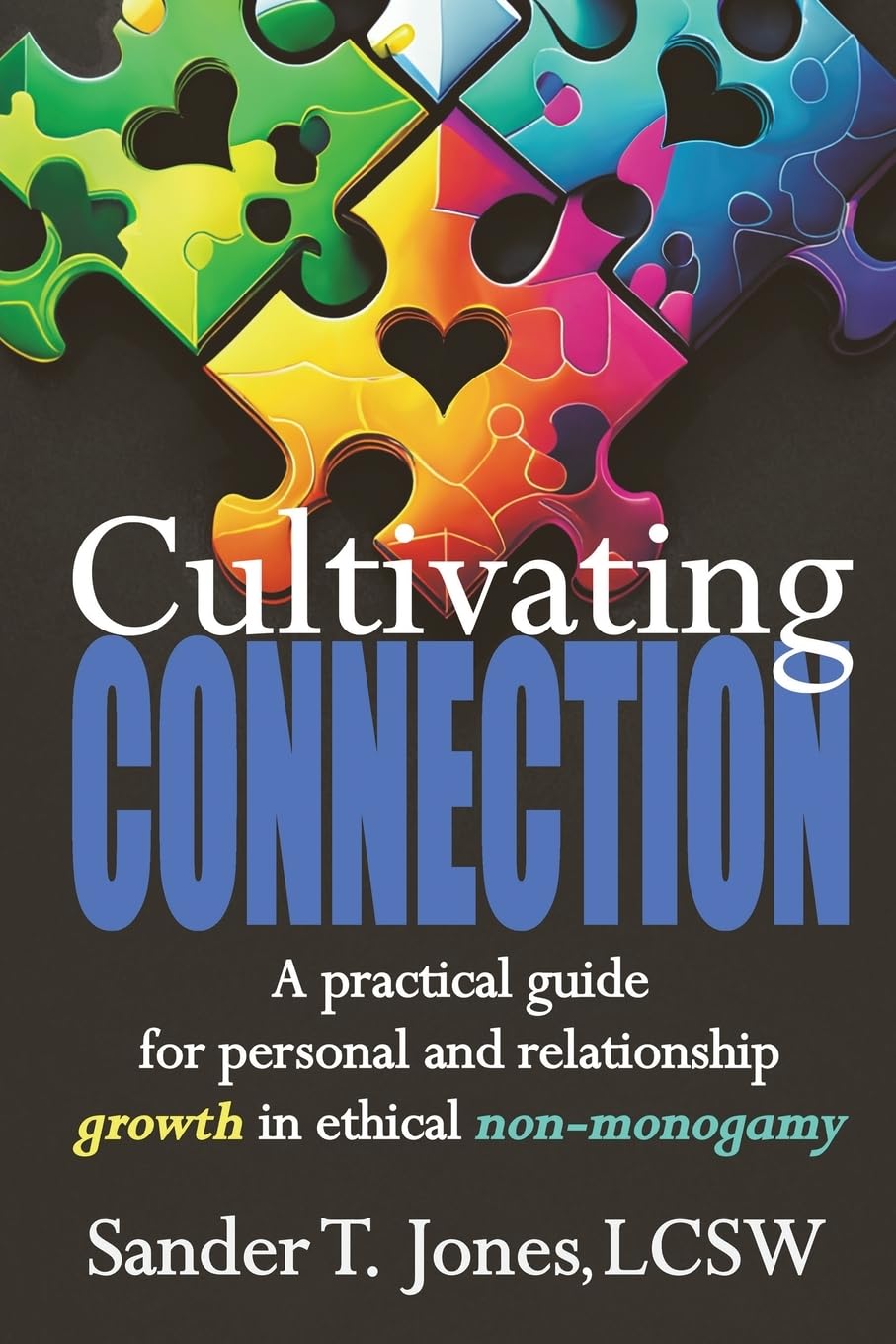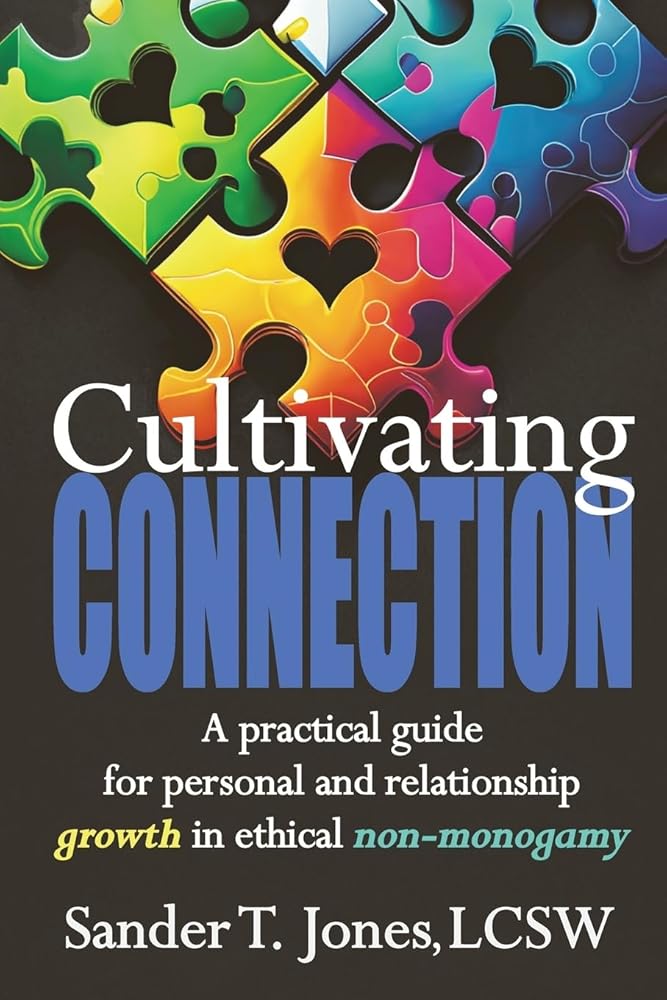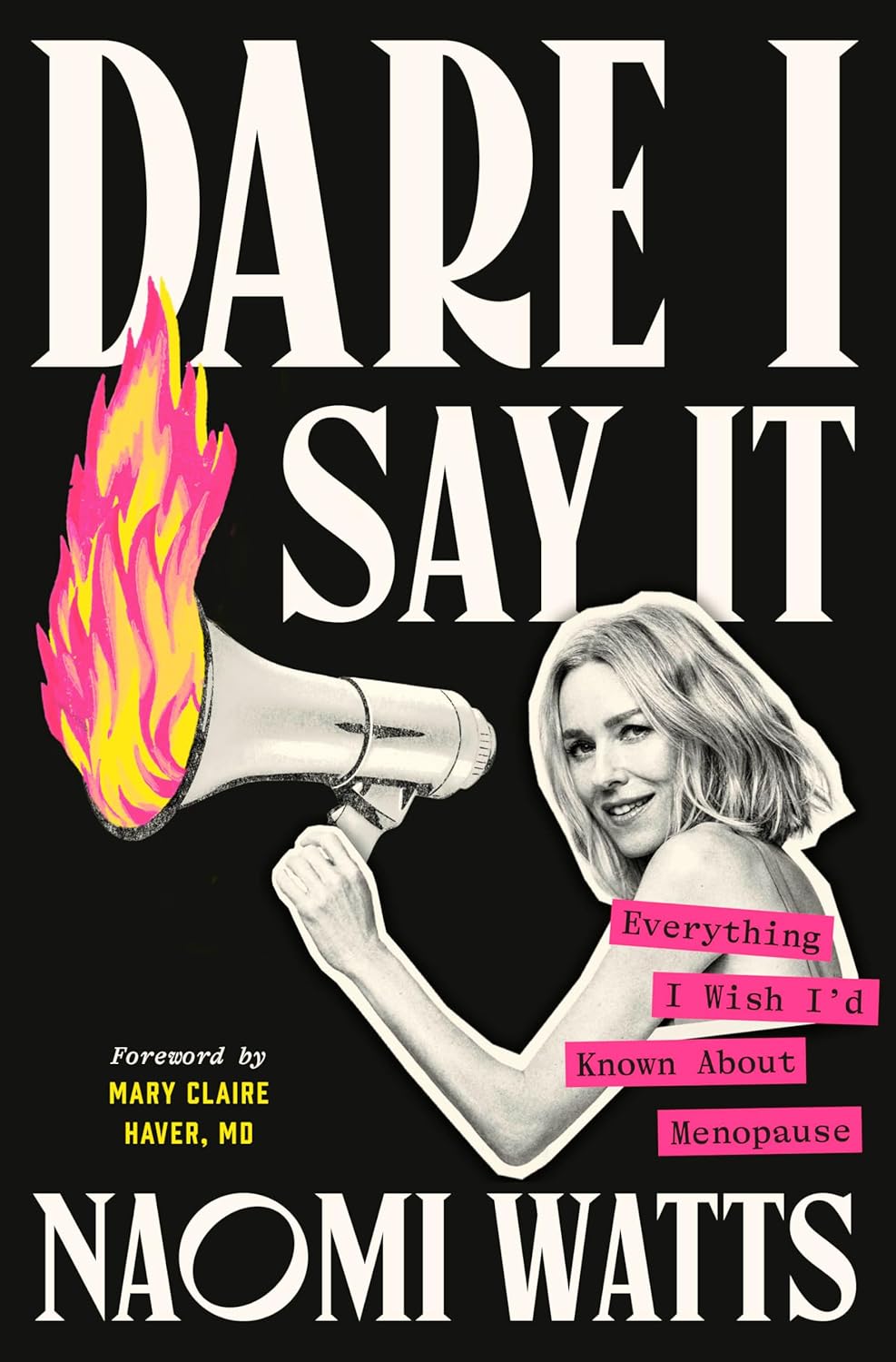Sort by:
348 products
348 products
By: Justice Rivera (Editor), 2024, Paperback
From erotic labor, to the rights of people who use psychoactive substances, to reproductive health and carcerality—we are living through a political moment when debates about bodily autonomy are at a fever pitch.
Body Autonomy: Decolonizing Sex Work and Drug Use is a bold and timely collection that confronts these charged issues at the intersection of social justice and public health. It reveals the histories behind the United State's ideological wars and illustrates their costs to all of us. It is a primer on healing-centered harm reduction, which presents a visionary framework and set of practical strategies to advance unity and care while working to transform conditions for communities that bear the brunt of interpersonal and systemic violence, overdose deaths, and health inequities. In the words of leading advocates, service providers, and the scholars whose lives and communities have been harmed by American neo-colonial policies, Body Autonomy offers promising, healing-centered interventions that represent a critical culture shift.
This collection features trusted voices on health and social policy reform, including Kate D'Adamo, Justice Rivera, Ismail Ali, Paula Kahn, and Sasanka Jinadasa, as well as respected healers like Richael Faithful, Amira Barakat Al-Baladi, and Mona Knotte. The articles, interviews, worksheets, and poems within are an offering to expand our collective understanding of survival, healing, and embodied freedom. Body Autonomy is a must read for anyone with a compassionate worldview, people seeking to know more about underground economies, and those who know that punishment doesn't lead to security. It is a liberatory design and a prayer for what's possible.
**A 2024 LAMBDA LITERARY AWARD FINALIST**
“Zachary Zane is one of the best sex writers working today.” —Dan Savage, New York Times bestselling author
Named a Most Anticipated LGBTQ+ Book of the Year by Buzzfeed
A sex and relationship columnist bares it all in a series of essays—part memoir, part manifesto—that explore the author’s coming-of-age and coming out as a bisexual man and move toward embracing and celebrating sex unencumbered by shame.
As a boy, Zachary Zane sensed that all was not right when images of his therapist naked popped into his head. Without an explanation as to why, a deep sense of shame pervaded these thoughts. Though his therapist assured him a little imagination was nothing to be ashamed of, over the years, society told him otherwise.
Boyslut is a series of personal and tantalizing essays that articulate how our society still shames people for the sex that they have and the sexualities that they inhabit. Through the lens of his bisexuality and much self-described sluttiness, Zane breaks down exactly how this sexual shame negatively impacts the sex and relationships in our lives, and through personal experience, shares how we can unlearn the harmful, entrenched messages that society imparts to us.
From stories of drug-fueled threesomes and risqué Grindr hookups to insights on dealing with rejection and living with his boyfriend and his boyfriend’s wife, Boyslut is reassuring and often painfully funny—but is most potently a testimony that we can all learn to live healthier lives unburdened by stigma.
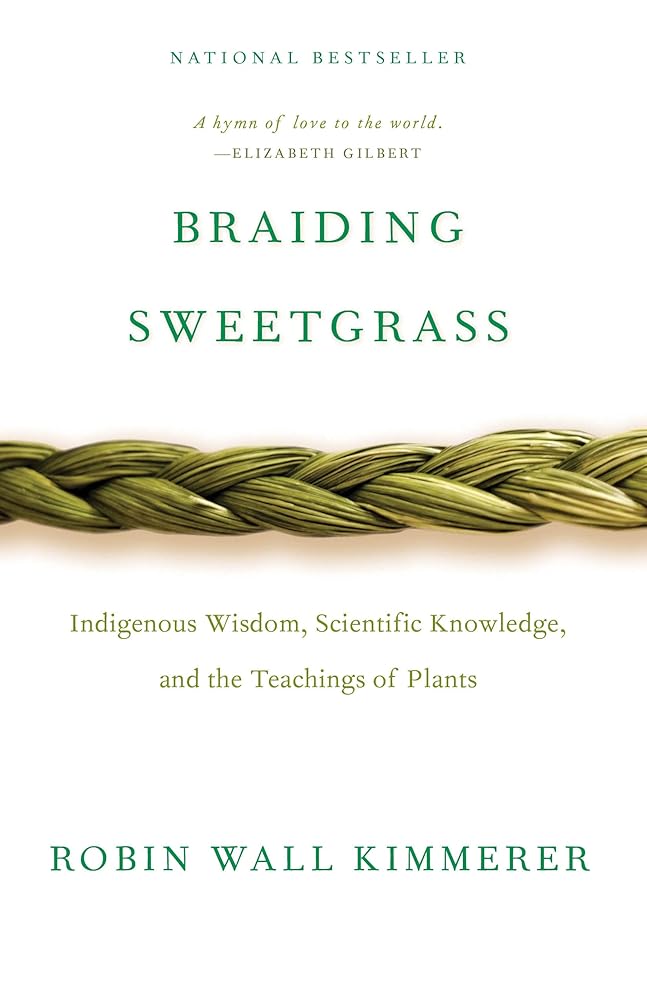
Braiding Sweetgrass: Indigenous Wisdom, Scientific Knowledge and the Teachings of Plants
$22.00
Unit price perBraiding Sweetgrass: Indigenous Wisdom, Scientific Knowledge and the Teachings of Plants
$22.00
Unit price perA New York Times Bestseller
A Washington Post Bestseller
Named a "Best Essay Collection of the Decade" by Literary Hub
As a botanist, Robin Wall Kimmerer has been trained to ask questions of nature with the tools of science. As a member of the Citizen Potawatomi Nation, she embraces the notion that plants and animals are our oldest teachers. In Braiding Sweetgrass, Kimmerer brings these two lenses of knowledge together to take us on “a journey that is every bit as mythic as it is scientific, as sacred as it is historical, as clever as it is wise” (Elizabeth Gilbert).
Drawing on her life as an indigenous scientist, and as a woman, Kimmerer shows how other living beings―asters and goldenrod, strawberries and squash, salamanders, algae, and sweetgrass―offer us gifts and lessons, even if we've forgotten how to hear their voices. In reflections that range from the creation of Turtle Island to the forces that threaten its flourishing today, she circles toward a central argument: that the awakening of ecological consciousness requires the acknowledgment and celebration of our reciprocal relationship with the rest of the living world. For only when we can hear the languages of other beings will we be capable of understanding the generosity of the earth, and learn to give our own gifts in return.
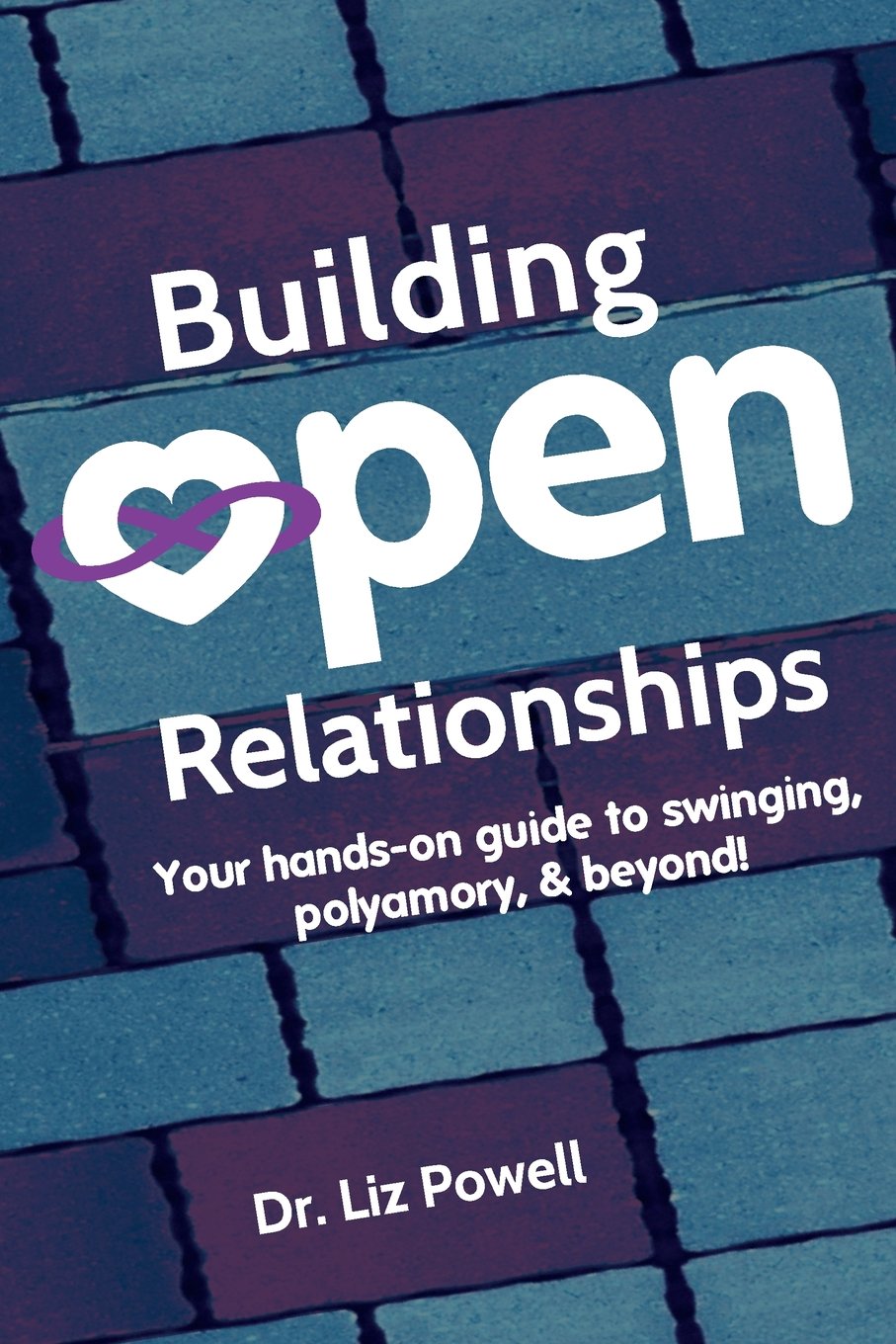
Building Open Relationships: Your hands on guide to swinging, polyamory, and beyond!
$25.00
Unit price perBuilding Open Relationships: Your hands on guide to swinging, polyamory, and beyond!
$25.00
Unit price perBy: Dr. Liz Powell (Author), 2018, Paperback
Have you read "that book" on non-monogamy and still wondered "But how do you actually DO this?"Are you totally great on the theory of open relationships, but feel like you don't know how it works in practice?Join Dr. Liz Powell, psychologist, speaker, and coach, as she draws from her education, research, and life experience to bring you Building Open Relationships. This new book is an all-inclusive guide to beginning and maintaining your non-monogamous life, no matter where you fall under the non-monogamous umbrella.Complete with worksheets, discussion starters, examples, and hard-won lessons (i.e. my mistakes), this book will give you all the tools you need to be more successful in non-monogamy.
By: Ria Brodell (Author), 2018, Hardcover
Portraits and texts recover lost queer history: the lives of people who didn't conform to gender norms, from the fifteenth through the twentieth centuries.
“A serious—and seriously successful—queer history recovery project.”
—Publishers Weekly
Katherina Hetzeldorfer, tried “for a crime that didn't have a name” (same sex sexual relations) and sentenced to death by drowning in 1477; Charles aka Mary Hamilton, publicly whipped for impersonating a man in eighteenth-century England; Clara, aka “Big Ben,” over whom two jealous women fought in 1926 New York: these are just three of the lives that the artist Ria Brodell has reclaimed for queer history in Butch Heroes. Brodell offers a series of twenty-eight portraits of forgotten but heroic figures, each accompanied by a brief biographical note. They are individuals who were assigned female at birth but whose gender presentation was more masculine than feminine, who did not want to enter into heterosexual marriage, and who often faced dire punishment for being themselves.
Brodell's detailed and witty paintings are modeled on Catholic holy cards, slyly subverting a religious template. The portraits and the texts offer intriguing hints of lost lives: cats lounge in the background of domestic settings; one of the figures is said to have been employed variously as “a prophet, a soldier, or a textile worker”; another casually holds a lit cigarette. Brodell did extensive research for each portrait, piecing together a life from historical accounts, maps, journals, paintings, drawings, and photographs, finding the heroic in the forgotten.
By: Zoe Bossiere (Author), 2024, Hardback
A striking literary memoir of genderfluidity, class, masculinity, and the American Southwest that captures the author’s experience coming of age in a Tucson, Arizona, trailer park.
Newly arrived in the Sonoran Desert, eleven-year-old Zoë’s world is one of giant beetles, thundering javelinas, and gnarled paloverde trees. With the family’s move to Cactus Country RV Park, Zoë has been given a fresh start and a new, shorter haircut.
Although Zoë doesn’t have the words to express it, he experiences life as a trans boy—and in Cactus Country, others begin to see him as a boy, too. Here, Zoë spends hot days chasing shade and freight trains with an ever-rotating pack of sunburned desert kids, and nights fending off his own questions about the body underneath his baggy clothes.
As Zoë enters adolescence, he must reckon with the sexism, racism, substance abuse, and violence endemic to the working class Cactus Country men he’s grown close to, whose hard masculinity seems as embedded in the desert landscape as the cacti sprouting from parched earth. In response, Zoë adopts an androgynous style and new pronouns, but still cannot escape what it means to live in a gendered body, particularly when a fraught first love destabilizes their sense of self.
But beauty flowers in this desert, too. Zoë persists in searching for answers that can’t be found in Cactus Country, dreaming of a day they might leave the park behind to embrace whatever awaits beyond.
Equal parts harsh and tender, Cactus Country is an invitation for readers to consider how we find our place in a world that insists on stark binaries, and a precisely rendered journey of self-determination that will resonate with anyone who’s ever had to fight to be themself.
From a pioneering Black feminist and MacArthur “Genius” Fellow, an urgent and exhilarating memoir-manifesto-handbook about how to rein in the excesses of cancel culture so we can truly communicate and solve problems together.
In 1979, Loretta Ross was a single mother who’d had to drop out of Howard University. She was working at Washington, DC’s Rape Crisis Center when she got a letter from a man in prison saying he wanted to learn how to not be a rapist anymore. At first, she was furious. As a survivor of sexual violence, she wanted to write back pouring out her rage. But instead, she made a different choice, a choice to reject the response her trauma was pushing her towards, a choice that set her on the path towards developing a philosophy that would come to guide her whole career: rather than calling people out, try to call even your unlikeliest allies in. Hold them accountable—but do so with love.
Calling In is at once a handbook, a manifesto, and a memoir—because the power of Loretta Ross’s message comes from who she is and what she’s lived through. She’s a Black woman who’s deprogrammed white supremacists, a survivor who’s taught convicted rapists the principles of feminism. With stories from her five remarkable decades in activism, she vividly illustrates why calling people in—inviting them into conversation instead of conflict by focusing on your shared values over a desire for punishment—is the more strategic choice if you want to make real change. And she shows you how to do so, whether in the workplace, on a college campus, or in your living room.
Courageous, awe-inspiring, and blisteringly authentic, Calling In is a practical new solution from one of our country’s most extraordinary change-makers—one anyone can learn to use to transform frustrating and divisive conflicts that stand in the way of real connection with the people in your life.

COMBEE: Harriet Tubman, the Combahee River Raid, and Black Freedom during the Civil War
$39.99
Unit price perCOMBEE: Harriet Tubman, the Combahee River Raid, and Black Freedom during the Civil War
$39.99
Unit price perThe story of the Combahee River Raid, one of Harriet Tubman's most extraordinary accomplishments, based on original documents and written by a descendant of one of the participants.
Publishers Weekly Starred Review
Library Journal Starred Review
Booklist Top Ten History Books of 2024
Most Americans know of Harriet Tubman's legendary life: escaping enslavement in 1849, she led more than 60 others out of bondage via the Underground Railroad, gave instructions on getting to freedom to scores more, and went on to live a lifetime fighting for change. Yet the many biographies, children's books, and films about Tubman omit a crucial chapter: during the Civil War, hired by the Union Army, she ventured into the heart of slave territory--Beaufort, South Carolina--to live, work, and gather intelligence for a daring raid up the Combahee River to attack the major plantations of Rice Country, the breadbasket of the Confederacy.
Edda L. Fields-Black--herself a descendent of one of the participants in the raid--shows how Tubman commanded a ring of spies, scouts, and pilots and participated in military expeditions behind Confederate lines. On June 2, 1863, Tubman and her crew piloted two regiments of Black US Army soldiers, the Second South Carolina Volunteers, and their white commanders up coastal South Carolina's Combahee River in three gunboats. In a matter of hours, they torched eight rice plantations and liberated 730 people, people whose Lowcountry Creole language and culture Tubman could not even understand. Black men who had liberated themselves from bondage on South Carolina's Sea Island cotton plantations after the Battle of Port Royal in November 1861 enlisted in the Second South Carolina Volunteers and risked their lives in the effort.
Using previous unexamined documents, including Tubman's US Civil War Pension File, bills of sale, wills, marriage settlements, and estate papers from planters' families, Fields-Black brings to life intergenerational, extended enslaved families, neighbors, praise-house members, and sweethearts forced to work in South Carolina's deadly tidal rice swamps, sold, and separated during the antebellum period. When Tubman and the gunboats arrived and blew their steam whistles, many of those people clambered aboard, sailed to freedom, and were eventually reunited with their families. The able-bodied Black men freed in the Combahee River Raid enlisted in the Second South Carolina Volunteers and fought behind Confederate lines for the freedom of others still enslaved not just in South Carolina but Georgia and Florida.
After the war, many returned to the same rice plantations from which they had escaped, purchased land, married, and buried each other. These formerly enslaved peoples on the Sea Island indigo and cotton plantations, together with those in the semi-urban port cities of Charleston, Beaufort, and Savannah, and on rice plantations in the coastal plains, created the distinctly American Gullah Geechee dialect, culture, and identity--perhaps the most significant legacy of Harriet Tubman's Combahee River Raid.
By: Emily Nagasaki Ph.D. (Author), Paperback, 2021
A revised and updated edition of Emily Nagoski’s game-changing New York Times bestseller Come As You Are, featuring new information and research on mindfulness, desire, and pleasure that will radically transform your sex life.
For much of the 20th and 21st centuries, women’s sexuality was an uncharted territory in science, studied far less frequently—and far less seriously—than its male counterpart.
That is, until Emily Nagoski’s Come As You Are, which used groundbreaking science and research to prove that the most important factor in creating and sustaining a sex life filled with confidence and joy is not what the parts are or how they’re organized but how you feel about them. In the years since the book’s initial publication, countless women have learned through Nagoski’s accessible and informative guide that things like stress, mood, trust, and body image are not peripheral factors in a woman’s sexual wellbeing; they are central to it—and that even if you don’t always feel like it, you are already sexually whole by just being yourself. This revised and updated edition continues that mission with new information and advanced research, demystifying and decoding the science of sex so that everyone can create a better sex life and discover more pleasure than you ever thought possible.
NEW YORK TIMES BESTSELLER • From the author of Come as You Are and co-author of Burnout comes an illuminating exploration of how to maintain a happy sex life in a long-term relationship.
“Emily Nagoski is a national treasure—helping us all understand how to finally build true, joyful, confident sex lives.”—Glennon Doyle, author of Untamed
In Come as You Are, Emily Nagoski, PhD, revolutionized the way we think about women’s sexuality. Now, in Come Together, Nagoski takes on a fundamentally misunderstood subject: sex in long-term relationships.
Most of us struggle at some point to maintain a sexual connection with our partner/s or spouse. And many of us are given not-very-good advice on what to do about it. In this book, Nagoski dispels the myths we’ve been taught about sex—for instance, the belief that sexual satisfaction and desire are highest at the beginning of a relationship and that they inevitably decline the longer that relationship lasts. Nagoski assures us that’s not true.
So, what is true? Come Together isn’t about how much we want sex, or how often we’re having it; it’s about whether we like the sex we’re having. Nagoski breaks down the obstacles that impede us from enjoying sex—from stress and body image to relationship difficulties and gendered beliefs about how sex “should” be—and presents the best ways to overcome them. You’ll learn:
• that “spontaneous desire” is not the kind of desire to strive for if you want to have great sex for decades
• vocabulary for talking with partners about ways to get in “the mood” and how to not take it personally when “the mood” is nowhere to be found
• how to understand your own and your partner’s “emotional floorplan,” so that you have a blueprint for how to get to a sexy state of mind
Written with scientific rigor, humor, and compassion, Nagoski shows us what great sex can look like, how to create it in our own lives, and what to do when struggles arise.
By: Laura R. Prieto (Editor), Stephen R. Berry (Editor), Stephen Berry (Editor), Sandra Slater (Foreword), 2020, Hardcover
A collection of essays detailing how individuals remapped race, gender, and sexuality through their lived experiences and in the cultural imagination
For centuries the Atlantic world has been a site of encounter and exchange, a rich point of transit where one could remake one's identity or find it transformed. Through this interdisciplinary collection of essays, Laura R. Prieto and Stephen R. Berry offer vivid new accounts of how individuals remapped race, gender, and sexuality through their lived experience and in the cultural imagination. Crossings and Encounters is the first single volume to address these three intersecting categories across the Atlantic world and beyond the colonial period.
The Atlantic world offered novel possibilities to and exposed vulnerabilities of many kinds of people, from travelers to urban dwellers, native Americans to refugees. European colonial officials tried to regulate relationships and impose rigid ideologies of gender, while perceived distinctions of culture, religion, and ethnicity gradually calcified into modern concepts of race. Amid the instabilities of colonial settlement and slave societies, people formed cross-racial sexual relationships, marriages, families, and households. These not only afforded some women and men with opportunities to achieve stability; they also furnished ways to redefine one's status.
Crossings and Encounters spans broadly from early contact zones in the seventeenth-century Americas to the postcolonial present, and it covers the full range of the Atlantic world, including the Caribbean, North America, and Latin America. The essays examine the historical intersections between race and gender to illuminate the fluid identities and the dynamic communities of the Atlantic world.
Does communicating about needs and boundaries with multiple partners seem like a labyrinth of emotional landmines?
Discover a comprehensive yet easy to understand method for communicating that will have partners compassionately making room for the needs of multiple relationships, and ethically defining and respecting each person's boundaries.
Are you tired of feeling like metas are competing for scarce resources, or that your needs come last? How can you meet the needs of all partners when some of their needs seem to conflict?
Sander T. Jones is a licensed psychotherapist with well over a decade of experience living polyamory and helping clients in non-monogamous relationships.
And now Sander is sharing this unique system for repairing relationships and nurturing harmony.
Drawing from polyvagal and attachment theories, Cultivating Connection is written with practical application in mind and exercises to help you and your partners practice new skills together.
Within Cultivating Connection, you'll discover:
* How to communicate compassionately with partners, and come together as a team to solve problems in a way that meets each person's needs.
* How personal boundaries need to adhere to specific principles to be ethical rather than coercive.
* How to overcome our individual obstacles to creating and enforcing the boundaries we need to live authentically within our relationships.
* Four simple questions to tell when we are overstepping a partner's rights and need to focus on our own growth and change.
* How to know when relationship agreements are healthy and support the needs of all the people impacted in our multiple relationships.
Cultivating Connection is your comprehensive guide for bringing harmony and joy to your multiple relationships while taking responsibility for the impact we have on others, living authentically, and continuing to grow as individuals. It's also solidly affirming of LGBTQ+, BIPOC readers, and readers engaged in relationships that are unequal by design.
If you liked Polysecure, Power Circuits, and Unf*ck Your Boundaries, you'll love Sander T. Jones' invaluable roadmap to collaborative, clear, loving communication. Buy Cultivating Connection, today!
By: Naomi Watts (Author), 2025, Hardcover
NEW YORK TIMES BESTSELLER • A frank, funny and informative guide to menopause and aging by beloved actress Naomi Watts, one of the leading voices in menopause awareness—with a foreword by Mary Claire Haver, MD, #1 New York Times bestselling author of The New Menopause
At thirty-six, Naomi Watts had just completed filming King Kong and was trying to start a family when she was told that she was on the brink of menopause. It is estimated that seventy-five million women in the United States are currently dealing with menopause symptoms (dry itchy skin, raging hormones, night sweats), and yet the very word “menopause” continues to be associated with stigma and confusion. With so little information, many women feel unprepared, ashamed, and deeply alone when the time comes.
This is the book Naomi Watts wishes she had when she first started experiencing symptoms. Like sitting down over coffee and having an intimate chat with your girlfriend, Dare I Say It blends funny and poignant stories from Naomi and her friends with advice from doctors, hormone experts, and nutritionists to take the secrecy and shame out of menopause and aging. Answering questions such as: What’s hormone therapy and should I be on it? Will I ever sleep again? Will I get myself back? What happened to my libido? Do I need eighteen serums for my aging skin? Whose body is this anyway? Who am I now? Naomi Watts shares the most up-to-date research on how to manage menopause symptoms and tackle the physical and emotional challenges we encounter as we age.
Irreverent, bold, and reassuring, Dare I Say It is the companion every woman needs to embrace the best version of herself as she moves into what can be the most powerful and satisfying period of her life.
